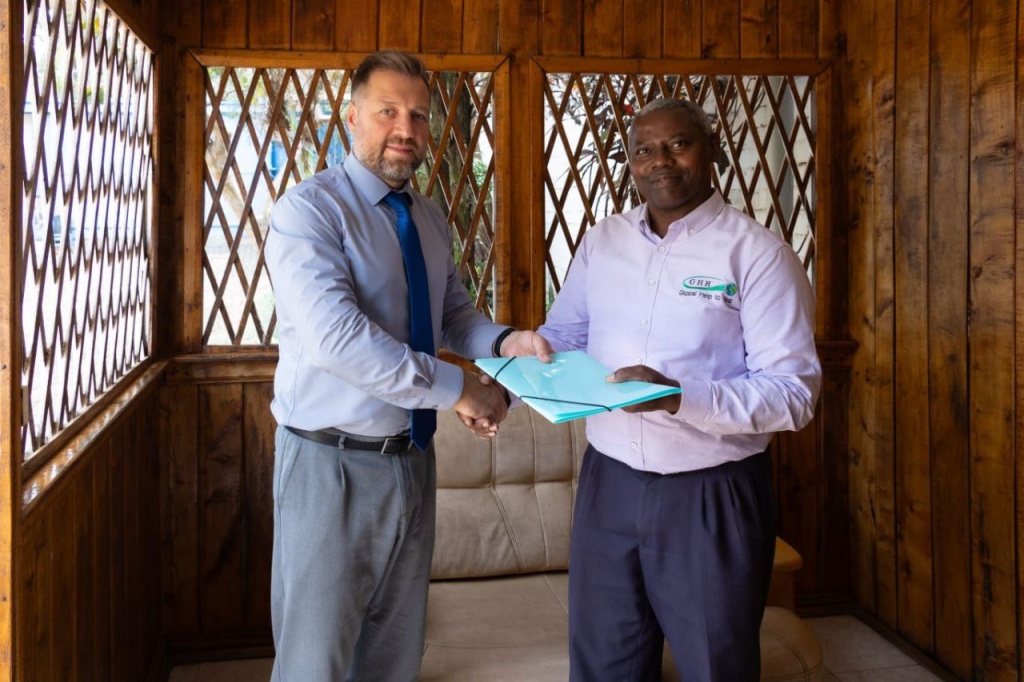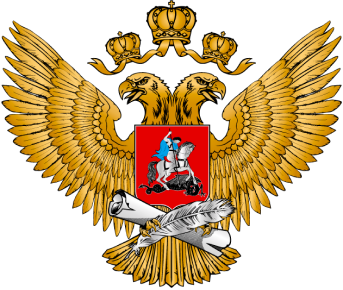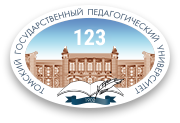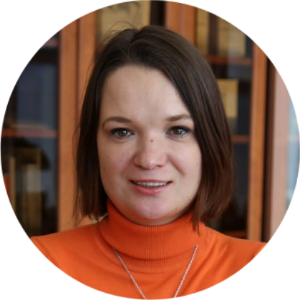TSPU Expands Its Network of Russian Language Learning Centers in Africa: A New Center Opens in Rwanda
Tomsk State Pedagogical University, with the support of the Ministry of Education of the Russian Federation and the My History Foundation, has opened its second Center for Open Education and Russian Language Learning in Africa — in Kigali, the capital of the Republic of Rwanda. The new center has become part of the structure of TSPU’s Institute of Foreign Languages and International Cooperation (IFLIC).
Since 2023, IFLIC educators have been teaching Russian to African students through a dedicated center in Nairobi, Kenya. That first center has already trained over 600 graduates, with a new class of students set to complete their studies in 2025.
 The agreement to open a new center in Kigali, based at Rays of Hope School, was reached in September this year during a meeting between Vadim Zyubanov, Head of the Department of International Cooperation at TSPU, and the school’s director, Jean Berkman Ndayishima.
The agreement to open a new center in Kigali, based at Rays of Hope School, was reached in September this year during a meeting between Vadim Zyubanov, Head of the Department of International Cooperation at TSPU, and the school’s director, Jean Berkman Ndayishima.
According to the Rwandan partner, public awareness of Russia in the country remains limited, yet interest in learning Russian and exploring Russian literature and culture is steadily growing — especially among young people.
«Many Rwandans dream of studying at Russian universities and participating in international projects, which requires a deep knowledge of the language, — said Jean Berkman Ndayishima. — Tourism in Rwanda is also developing, and the number of visitors fr om Russia is increasing, making Russian language skills more relevant. Moreover, cooperation in high-tech sectors — such as the recently signed agreement with Rosatom in the field of peaceful nuclear energy — creates demand for specialists who speak Russian and are ready to work in this area».
The Kigali Center officially opened this week and quickly drew wide public attention. Most students are men under 30 (around 75%), though among them are also Rwandans married to Russian citizens, as well as their children — some of whom are learning Russian for the first time, while others are maintaining their language skills..
«Initially, we expected about 50 participants, but the interest exceeded our expectations — 74 people have already registered, and new applications keep coming in, — said Vadim Zyubanov. — Such enthusiasm shows that interest in Russia and the Russian language in Rwanda is growing steadily. Russia continues to increase the number of government scholarships for African students — around 4 800 budget-funded spots are available for the 2025-2026 academic years. Our Center can become the first step for Rwandan students toward studying in Russia and discovering new professional opportunities».
The educational programs — which include Russian language courses and cultural activities introducing participants to Russia’s geography and traditions — are conducted by TSPU educators. This experience also helps TSPU teachers strengthen their intercultural skills and better understand the needs of international students who come to study in Tomsk from abroad.
.
«We continue to make a significant contribution to promoting the Russian language and culture worldwide, expanding our presence across the African continent, — said Anna Bogdanova, Director of IFLIC. — The opening of the Center in Rwanda marks an important expansion of our international activity and creates new opportunities for global academic cooperation. Our teachers gain invaluable experience working in international environments, which enriches their professional practice and broadens their understanding of the diverse needs and cultural backgrounds of foreign students. This helps us develop more effective programs for sociocultural adaptation and improve methods of teaching Russian as a foreign language».
The first instructor to teach Rwandan students is Vera Golubeva, Deputy Director for Student Affairs at IFLIC and Senior Lecturer at the Department of English Philology and Intercultural Communication. She leads the course «Discover Russia», which covers a wide range of topics — from geography, art, and culture to tourism and notable landmarks.
Since the very first lessons, students had demonstrated strong motivation — and many showed a surprisingly good level of Russian..
«For Rwandans, learning Russian seems to come easier than for many other foreign students, since everyone at the Center is multilingual — they already speak English, French, and Kinyarwanda,” explained Vera Golubeva. — By the second lesson, with only a limited set of Russian words and grammar structures, nearly all participants could spontaneously form sentences and express themselves in Russian».
TSPU educators emphasize that beyond teaching the language, the Center also serves as a space for cultural exchange — wh ere students can explore Russian traditions, art, and modern life. This helps them gain a deeper understanding of Russia and its people, and prepares them for future studies in the country.
To enrich the curriculum, the program includes special cultural activities — a workshop on traditional «bukvitsa» (ornamental lettering), an introduction to the layout of a traditional Russian wooden house (izba), and a conversational club in the format of a classic Russian tea party.
21 February 2026




